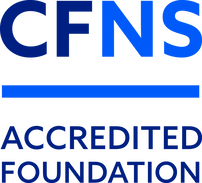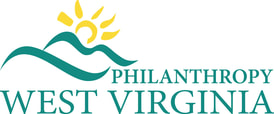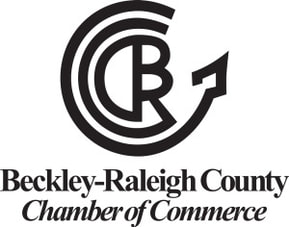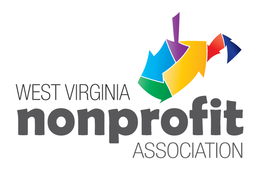|
UPDATE 4/24/2020: The Paycheck Protection Program and Health Care Enhancement Act, 2020 (H.R. 266) was signed today to provide additional funding for the Paycheck Protection Program (PPP), hospitals and COVID-19 testing. PPP, passed in the CARES Act in late March, was quickly depleted with many for-profit and nonprofit small businesses failing to get loan applications approved before the money ran out.
Paycheck Protection Program (PPP) is an SBA 7(a) loan forgiveness that allows the SBA to make loans up to $10 million ($1 million for an SBA Express loan) to certain businesses, including tax exempt organizations. From now until June 30, 2020, the law allows the SBA to provide 100% federally guaranteed loans to eligible businesses to pay operational costs including payroll support, paid sick or medical leave, insurance premiums, mortgage, rent, and utility payments, subject to eligibility and limitations. No collateral is required. Loans can convert to grants. Lenders will start processing applications on April 3, 2020. NOTE: Funds will be distributed on a first come, first serve basis until the lender runs out of the funds. Generally, these include for-profit businesses (including sole proprietors, independent contracts, and the self-employed), 501(c)(3)s, 501(c)(19)s, and tribal business concerns with 500 or fewer employees (certain exceptions exist). Prior to the Stimulus Bill, in order to be eligible for a 7(a) Loan a small business applicant had to establish that it was a for-profit operating business located in the U.S. that met the size requirements (based on headcount and/or revenue) and demonstrated a need for the credit. The CARES Act modifies these general eligibility criteria, expanding them in several key ways:
A non-profit organization can get a loan from an approved lending institution. Banks that already issue SBA Business Loans can issue loans immediately. While final SBA guidance is not yet available, early indicators are that other federally insured depository lenders and credit unions and Farm Credit institutions will be enabled. The loans have a maximum interest rate of 4 percent, a 100 percent government guarantee, and other borrower-favorable terms and conditions. Loan amounts are generally 250% of average monthly payment costs during the last year up to $10 million. Borrower Certification Requirement A borrower under the Paycheck Protection Program must certify in “good faith” that (i) current economic conditions necessitated the loan, (ii) the funds will be used to retain workers and make other eligible payments, (iii) the borrower has not applied for another 7(a)(36) Loan for “the same purpose and duplication of” the requested loan, and (iv) the borrower has not in fact received another 7(a)(36) Loan for the same purpose and duplication of the requested loan. What are Loan Forgiveness Requirements? Nonprofits are eligible for loan forgiveness for the amount spent during the first eight weeks of the loan on payroll costs, interest payment on mortgage, rent, and utilities. The portion of these expenses that is eligible for forgiveness depends on the percentage by which you reduced FTE staff and/or salaries (relative to a comparable period in 2019). In general, the amount of payroll, interest paid on a covered mortgage obligation, covered rent payments, and covered utility payments that are actually paid by the borrower during the 8-week period beginning on the date the loan is obtained is forgivable. The amount of forgiveness cannot exceed the amount of 7(a)(36) Loan principal (i.e., not principal plus interest). Special Note: If the loan benefits under this provision are utilized, the employee retention credit also authorized by the bill cannot be taken. For more information, visit the full article by the Council on Foundations, here: https://www.cof.org/content/cares-act-benefits-small-businesses-and-tax-exempt-organizations
0 Comments
Your comment will be posted after it is approved.
Leave a Reply. |
Archives
July 2024
Categories |
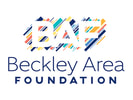
 RSS Feed
RSS Feed
